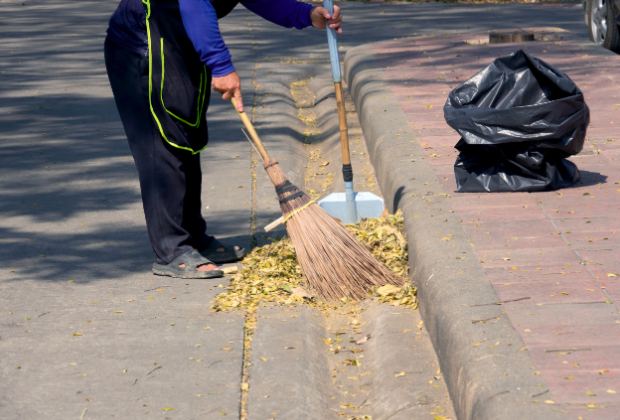Cleaning jobs offered to people without homes through ‘Hire Me’ project

INQUIRER.net stock photo.
The “Hire Me” project of non-governmental organization Mirror Foundation in Thailand helps people living in homelessness by providing them cleaning jobs.
The project, which came to the fore in July 2020, has around 100 participants, most of whom aged 55 to 70 years old, according to a report by Channel News Asia on Jan. 3.
Sittiphol Chuprajong, manager of the Hire Me project — “Jangwan Ka” in Thai — shared that the core problem in homelessness is that people have homes, but for different reasons, can no longer live there and end up in the streets. An example could be financial trouble with someone at home, he added, and other factors.
“In most cases, homeless people have very little capital – limited education, hardly any savings and even their age; most of them are elderly. It makes them unable to find jobs,” he said.
Chalee Maneeterm, one of the project’s participants, has been sleeping at a market after an accident three years ago saw him lose sight in his left eye, which pushed him to spend his savings on medical treatment. The COVID-19 pandemic has made his situation worse, but because of the project, he is able to earn money by sweeping the streets.
Article continues after this advertisement“The job is easy but you have to be clean and focused,” said Maneeterm in the report. “You can’t just do it for fun.”
Article continues after this advertisementThe team behind the Hire Me project work together with the Bangkok Metropolitan Administration in searching for public areas for their participants to clean once a week, like bridges, pavements and parks. As per report, the cleaners are paid ฿400 (around $13 or P640) for each cleaning session, which can last up to four hours. Those who want to save up and make more money can choose to work four times a week.
With the money they earn, Chuprajong said the participants could buy clothes and other essentials such as soap and toothpaste, so they can look after themselves better.
“When they have income, they’ll also think ‘What should I do with the money?’” said Chuprajong in the report. “So this will lead to a certain decision that’s important to their life, for example, find a place to live that’s not on the streets or public places.” Cody Cepeda/JB
RELATED STORIES:
‘Tulog, kain, ligo, laba’: QC cafe gives homeless ‘fighting chance’ vs COVID-19
De La Salle University opens doors as shelter for homeless amid quarantine